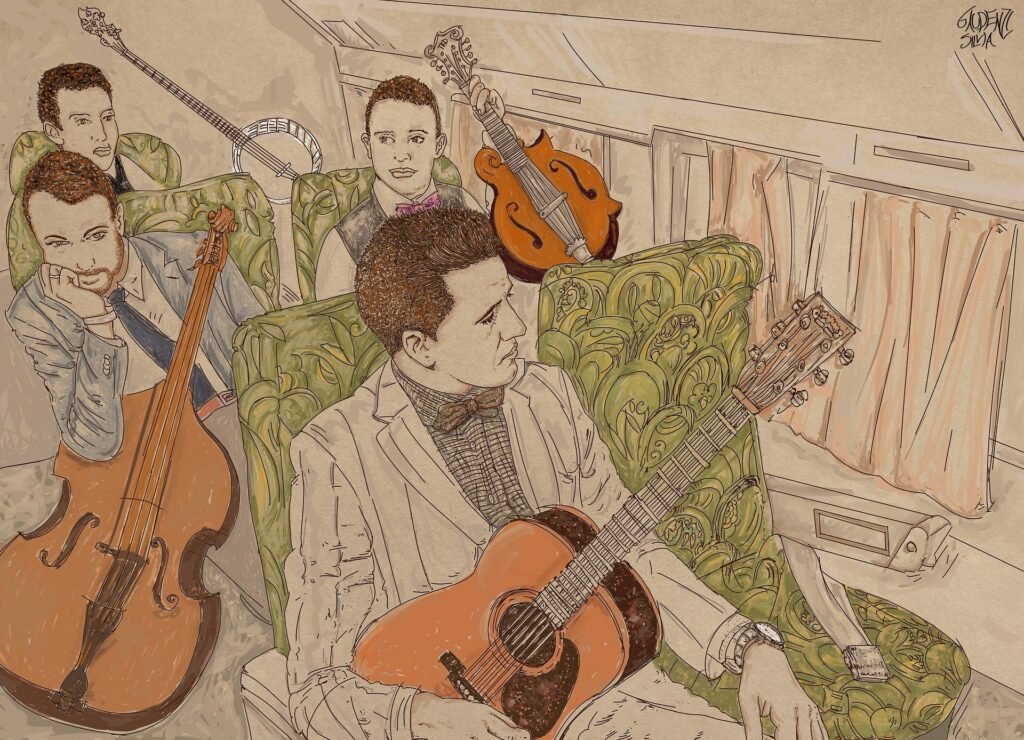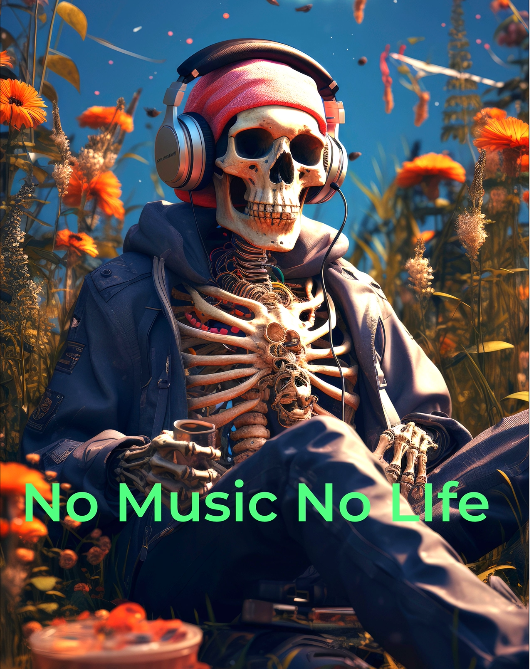Can We Live Without Music?
Music is a universal language that transcends cultures, generations, and geographical boundaries. From the rhythmic beats of tribal drums to the soothing melodies of classical symphonies, music has been a fundamental part of the human experience for thousands of years. But this leads us to an intriguing question: can we live without music?
The Role of Music in Our Lives
To understand whether we can live without music, we must first explore the various roles it plays in our lives. Music isn’t just entertainment; it serves numerous functions, deeply embedded in our social fabric and personal development.
Emotional Expression and Regulation
One of the most significant roles of music is its ability to express and regulate emotions. Music can evoke a vast array of feelings—joy, sadness, nostalgia, and even anger. For many, a particular song can bring back memories of a loved one, transport us to a different time in our lives, or even help us cope with grief.
Imagine a world devoid of music. Would we have an outlet for our emotions? Without songs to encapsulate our feelings, how would we navigate the complexities of human emotion? Many people turn to music during pivotal moments—celebrations, heartbreaks, and everything in between. Music helps us process our emotions, making it an integral part of mental health.
Social Connection

Music is inherently social. Whether it’s dancing at a wedding, singing in a choir, or attending a concert, music brings people together. These shared experiences foster community and create bonds among individuals.
Consider the myriad of social functions music fulfills: from cultural rituals and celebrations to communal grieving. In cultures worldwide, music serves as a tool for storytelling, passing down traditions, and reinforcing social values. The absence of music would leave a significant void in our ability to connect with others on both personal and cultural levels.
Cognitive Benefits

Research suggests that music has profound effects on cognitive functioning. Learning to play an instrument can enhance memory, improve language skills, and boost creativity. Music education is often linked to better academic performance in subjects like math and reading.
Moreover, music stimulates multiple areas of the brain, engaging both hemispheres and fostering neural connectivity. In the absence of music, would our cognitive abilities diminish? Could we potentially lose a valuable tool for learning and development? The evidence points towards a resounding “yes.”
Physical Health and Well-Being
The health benefits of music extend beyond mental and emotional realms. Studies have shown that music can reduce stress, lower blood pressure, and even alleviate physical pain. For example, patients undergoing surgery often experience less anxiety when music is played in the operating room.
Moreover, music can enhance physical performance. Athletes frequently use music to pump themselves up before competitions, as the right playlist can increase endurance and motivation. Imagine trying to run a marathon in silence—without the energizing beats to spur us on, would we perform as well?
Cultural Identity and Heritage

Music is a crucial aspect of cultural identity. Each culture has its unique musical styles, instruments, and traditions. Music can be a powerful expression of who we are, where we come from, and what we believe in.
For instance, folk music often reflects the history and values of a community, while contemporary genres like hip-hop may serve as a voice for social change. In the absence of music, cultural narratives would lose a vital component, diminishing our understanding and appreciation of diverse heritages.
The Absence of Music: A Hypothetical Scenario

To truly answer the question, can we live without music?, we must consider a hypothetical world without it. Imagine waking up in a world devoid of melodies and harmonies—no lullabies to soothe infants, no anthems to inspire movements, no soundtracks to underscore our favorite films.
Emotional Vacuum

In such a world, emotional expression would likely suffer. People might find it more challenging to articulate their feelings, relying solely on words. This could lead to a more subdued emotional landscape, where individuals may feel isolated in their experiences.
Cultural Stagnation

Culturally, societies would be less rich and diverse. Without music, storytelling and traditions would rely solely on spoken word, limiting the ways we share our histories and values. The vibrancy that music brings to cultural expressions would be sorely missed.
The Psychological Perspective

Psychologists have long studied the impact of music on human behavior. Theories suggest that music can influence our mood, behavior, and even our perception of time. For example, fast-paced music can make time feel like it’s passing more quickly, while slow melodies can create a sense of calm.
The psychological connection we have with music is profound. It can trigger dopamine release, the same chemical associated with pleasure and reward. In essence, music can make us feel good, contributing to our overall happiness. Without this crucial element, our psychological landscape would be notably altered.
Conclusion: The Indispensable Nature of Music
As we ponder the question can we live without music?, the evidence overwhelmingly suggests that music is not merely a luxury but a necessity. Its roles in emotional expression, social connection, cognitive development, physical health, and cultural identity underscore its importance in our lives.
Living without music would not only diminish our emotional and social experiences but also impede our cognitive and physical well-being. While we might exist in a world without music, thriving in such an environment seems unlikely. Music enriches our lives in ways that words alone cannot capture, creating a tapestry of experiences that define what it means to be human.
So, the answer to the question is clear: we cannot truly live without music. It is an essential part of our existence, resonating through the core of our humanity. Let us cherish and celebrate the music in our lives, for it is one of the greatest gifts we have.
Can we live without music?
While it is technically possible to live without music, its absence would significantly diminish our emotional expression, social connections, and overall well-being.
How does music affect our emotions?
Music can evoke a wide range of emotions, helping us process feelings like joy, sadness, and nostalgia. It serves as a powerful outlet for emotional expression.
Can music improve mental health?
Yes, music can reduce stress, alleviate anxiety, and provide comfort. It is often used in therapeutic settings to support mental health and emotional well-being.
What role does music play in learning?
Music education enhances learning by improving concentration, memory, and creativity, leading to better academic performance in various subjects.
.
What are the cognitive benefits of music?
Listening to or playing music enhances memory, boosts creativity, and improves language skills. It engages multiple areas of the brain, fostering better cognitive function.




